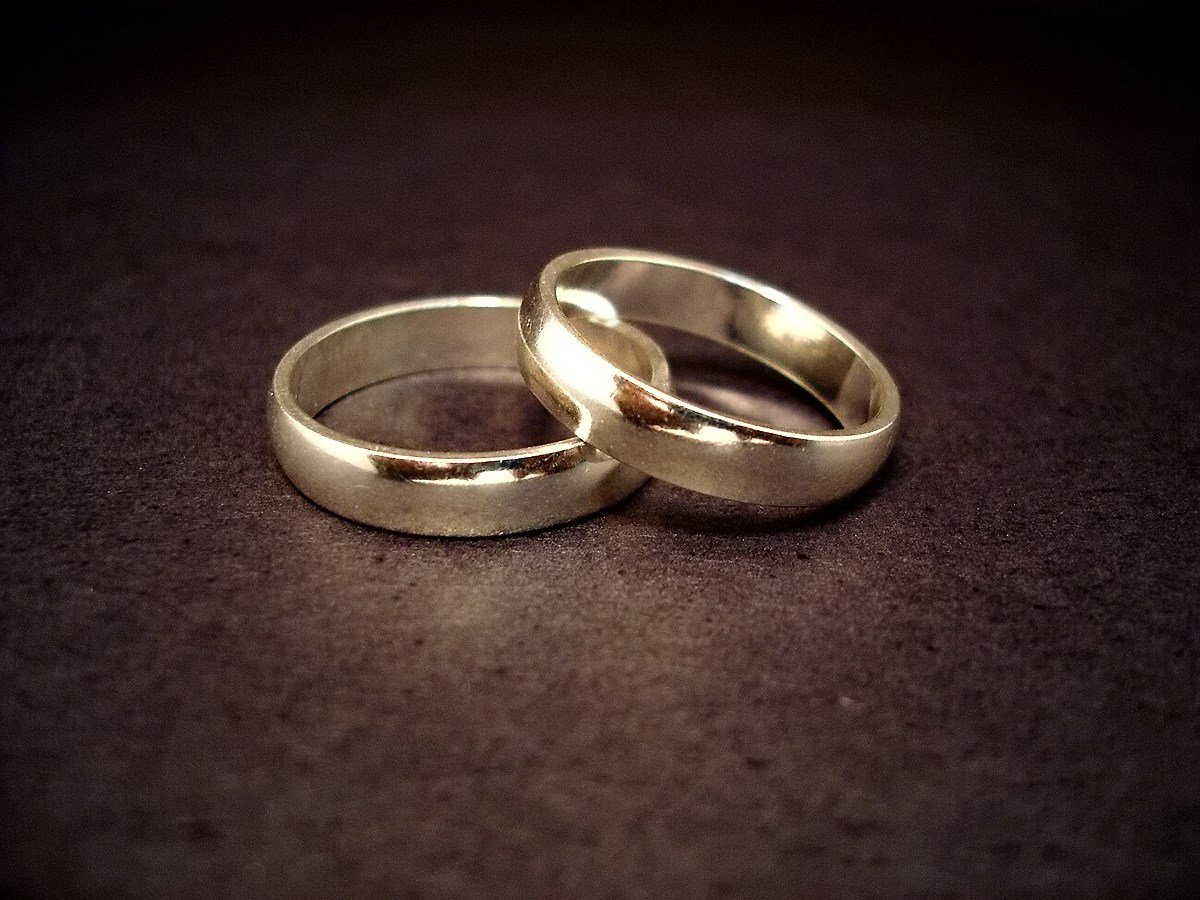

Currently, as a member of the EU, the UK enjoys the free movement of people.This means that citizens of any EU Member State can travel freely to and from any other Member State, with the right to live and work without restrictions. This is set out in Directive 2004/38 which outlines the specific chapters concerning who counts as a ‘family member’ of EU citizens, who can benefit from Directive, rights of residence and so on.
With UK’s eventual departure from the EU, navigating multi-jurisdictional relationships may become challenging. This has led some to questions as to whether the right to a family life will be threatened in the future? Will the national law become more restrictive, less restrictive or remain the same? The right to appeal to the European Court of Human Rights will remain. Since the right to a family life is a human right, it won’t be completely lost.
With that said, the UK government and courts will be wary of the possible influx of ‘sham’ weddings being used as a device for non-UK citizens to remain. For all those individuals who choose to remain in the UK after Brexit illegally, the case of Akrich (2003) should be remembered (see link below). In this case, the Court stressed that ‘there would be an abuse if the Community rights had been invoked in the context of marriages of convenience entered into in an attempt to circumvent national immigration provisions’. Thus, only a genuine marriage will be recognised by national authorities. Unfortunately, it is unclear what will happen to couples who separate or divorce. In the case of Diatta (1985), it was stated that EU rights aren’t lost by a separation of a couple, but will this still apply? Will new rules be written to the contrary?
What happens when you can’t argue EU rights? With Brexit, the UK can choose to legislate differently in the future and this creates a lot of uncertainty for multi-jurisdictional couples. In addition, for a UK citizen who may be sponsoring a foreign partner in the future, be sure to know your partner’s intention, take caution and opt for a prenup, in the event you later realise that you may have been an unwitting participant in a sham marriage. This is also a grey area in terms of what measures the UK government will choose to impose in terms of liability for those who get caught in a sham wedding.
Lastly, many multicultural couples may opt for a European wedding, perhaps in the country of the of the spouses. This won’t be a problem in terms of the UK recognising the marriage held abroad as valid, which it will – provided the marriage was legal in the country where it was performed. But couples should take note of the possible increase in expenses due to the fluctuating rate of the pound.
If you have any questions or concerns regarding Brexit weddings, please contact a family law specialist at Grayfords.

